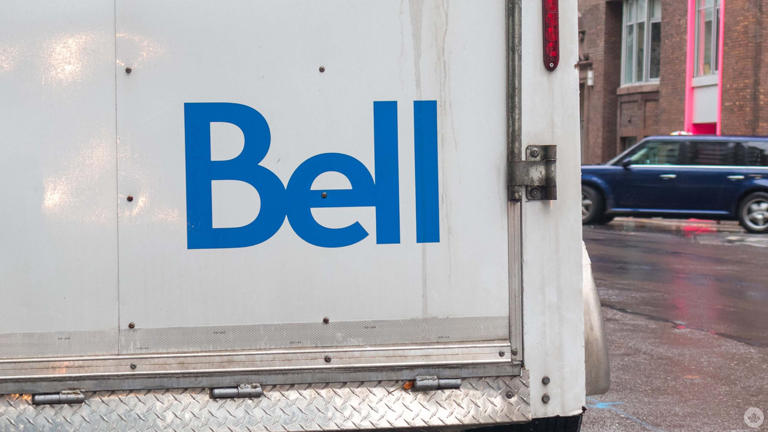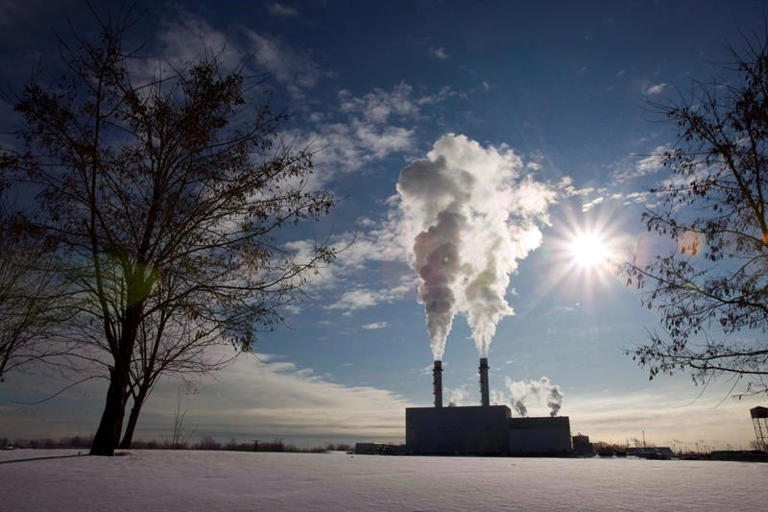Story by The Canadian Press

OrTTAWA — More than five years after cannabis was legalized in Canada, the government has released its final report of the legislative review of the Cannabis Act.
The report is the result of 18 months of work by a panel of industry experts to assess the progress of cannabis legalization and make recommendations to improve upon cannabis legislation.
Here are some of the key recommendations made by the report.
Public health
The report makes a number of public health recommendations concerning issues including product promotion, packaging and labelling, children and youth, and potency.
It calls on Health Canada to set and monitor targets for reducing youth and young adult cannabis use, to help implement school prevention programs, and to redouble efforts to inform Canadians about the risks of accidentally exposing children to cannabis.
It also expresses concern about the trend toward higher potencies of THC in cannabis products, recommending that the limit remain at 10 milligrams per package and that Health Canada establish a definition of higher-potency products and apply additional warnings to such products. THC is the psychoactive component of cannabis.
“If the current trend towards consuming higher-potency cannabis cannot be halted or reversed, then Health Canada should be ready to implement additional product regulations,” the report says.
The report also recommends the development of a “standard dose” for use on labelling, and makes several recommendations to improve and simplify the labelling on packaging.
First Nations, Inuit and Métis
The report has several recommendations regarding First Nations, Inuit and Métis communities, including that Health Canada should co-develop culturally appropriate materials and programs containing health information about cannabis.
It also calls on Health Canada to co-develop amendments to the Cannabis Act to better protect health and safety in Indigenous communities, authorizing nation-to-nation agreements to control commercial cannabis activities.
Industry recommendations
The report recommends amending regulations to allow cannabis cultivators to sell products directly to distributors, and also recommends consideration of a review of the excise tax model, as it was based on a much higher average price than today’s prices.
Reforms to the excise tax regime could include higher duties on cannabis products with higher concentrations of THC in order to discourage consumption of higher-risk products.
The report also makes several recommendations targeted at improving diversity in the cannabis industry, including collecting demographic data.
Medical access
The report recommends allowing pharmacies to distribute cannabis products to people with medical authorization.
It says Health Canada should prioritize moving past the distinct medical access program so cannabis can be part of conventional medical care by being considered within standard drug approval pathways. The report says this should start with the rapid advancement of a pathway for health products containing CBD, a non-psychoactive compound found in cannabis.
It also encourages more research on the therapeutic use of cannabis in Canada, and recommends the establishment of a knowledge hub focused on the use of cannabis for medical purposes.
The report also urges Health Canada to support the development of clinical guidance documents regarding medical use of cannabis to help increase the knowledge of health care professionals.
This report by The Canadian Press was first published March 21, 2024.
The Canadian Press







